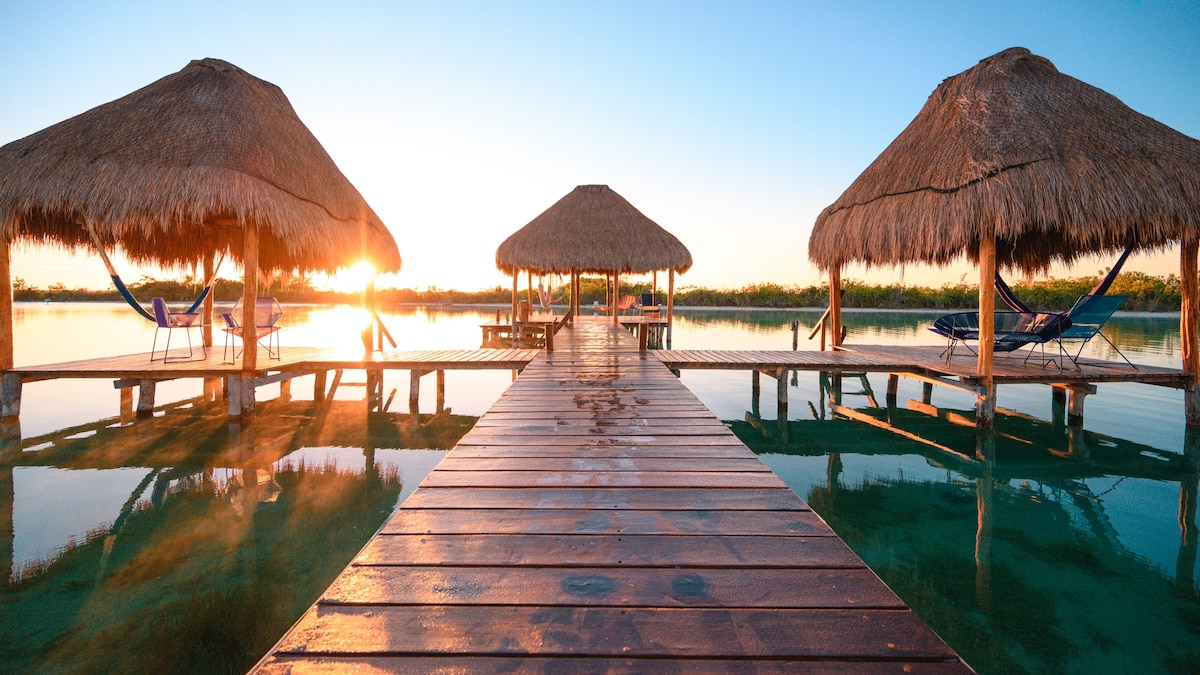Now Reading: How Outdoor Play Boosts Children’s Brain Development
-
01
How Outdoor Play Boosts Children’s Brain Development
How Outdoor Play Boosts Children’s Brain Development

Rapid Summary
- Emerging Trend: Families are embracing “feral child summer” to encourage unsupervised, outdoor play for children amidst overscheduled routines and screen-heavy lifestyles.
- Decline in Outdoor Play: A 2018 study found American children spend 35% less time playing freely outdoors compared to earlier generations.
- Brain Benefits: Outdoor play enhances executive function, emotional regulation, spatial navigation, and problem-solving. It provides opportunities for risk-taking that improve both physical and mental well-being.
- Nature’s Role in Development: Interactions wiht natural environments foster cooperation,communication skills,and adaptability. Challenges like climbing trees or lifting rocks help children assess risks and develop resilience over time.
- Obstacles to Free Play: Limited access to green spaces due to safety concerns or urban infrastructure poses challenges. Small-scale solutions like indoor sensory play with natural materials are alternatives suggested by experts.
- Lifelong Impact: Studies link childhood exposure to nature with improved mood, social connections, reduced risk of psychiatric disorders later on, and environmental stewardship as adults.
Indian Opinion Analysis
India’s dense urban centers frequently enough lack accessible green spaces crucial for fostering unstructured outdoor play among children. With a growing emphasis on academic achievements and structure-driven extracurricular activities, free-range play could serve as an antidote-enhancing creative thinking alongside social-emotional skills vital for the competitive global arena.
however, safety concerns related to traffic congestion or overcrowded neighborhoods may deter this practice without infrastructural intervention. Investments in child-friendly parks equipped with natural elements could mitigate these barriers while promoting developmental gains highlighted by research globally.
Moreover, integrating nature-based learning into India’s education curricula aligns well with traditional practices rooted in eco-centric lifestyles-a cultural advantage that can be revived effectively. Encouraging free-range exploration paired with community engagement could bolster health outcomes while instilling environmental responsibility from a young age.
























